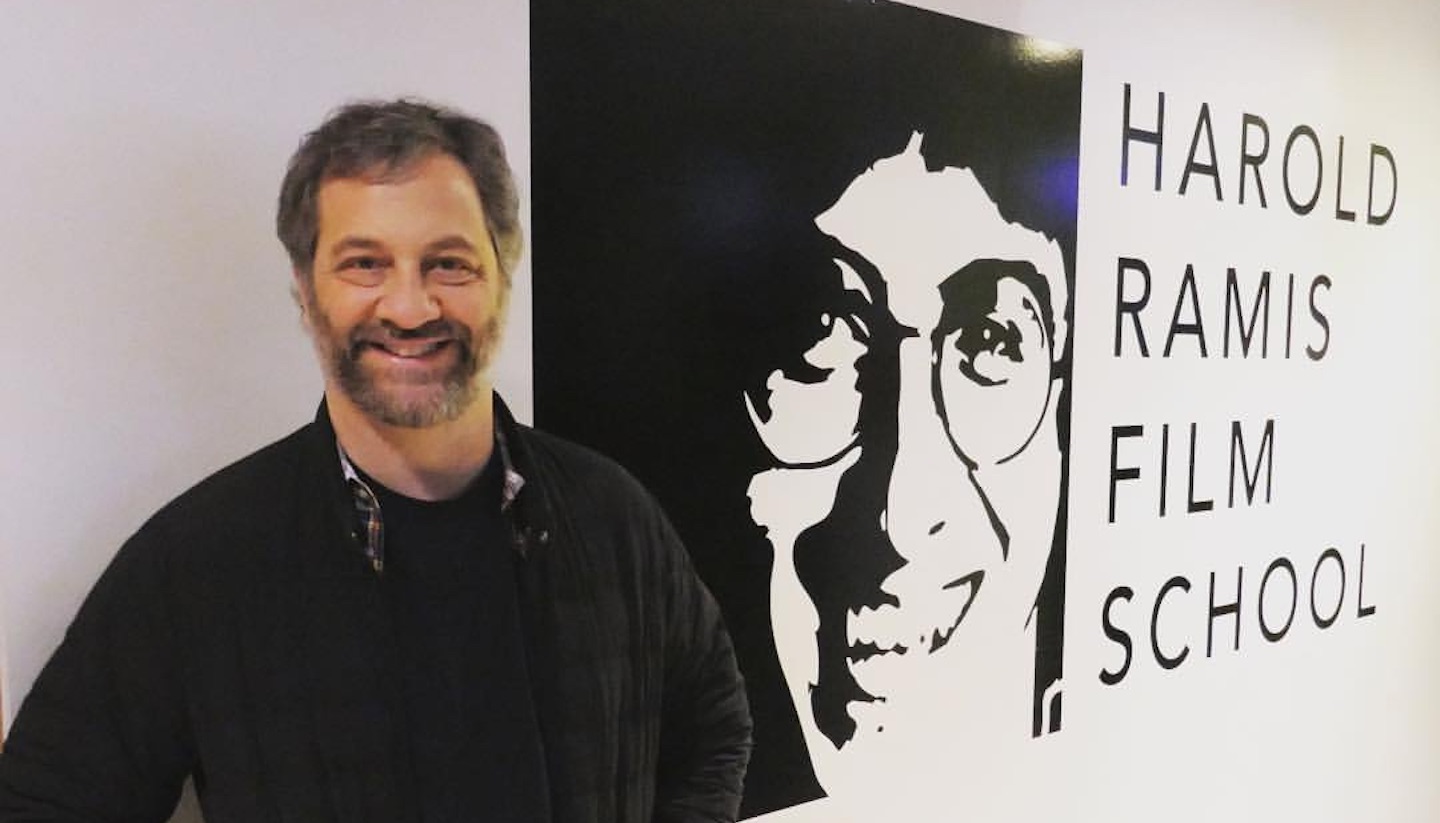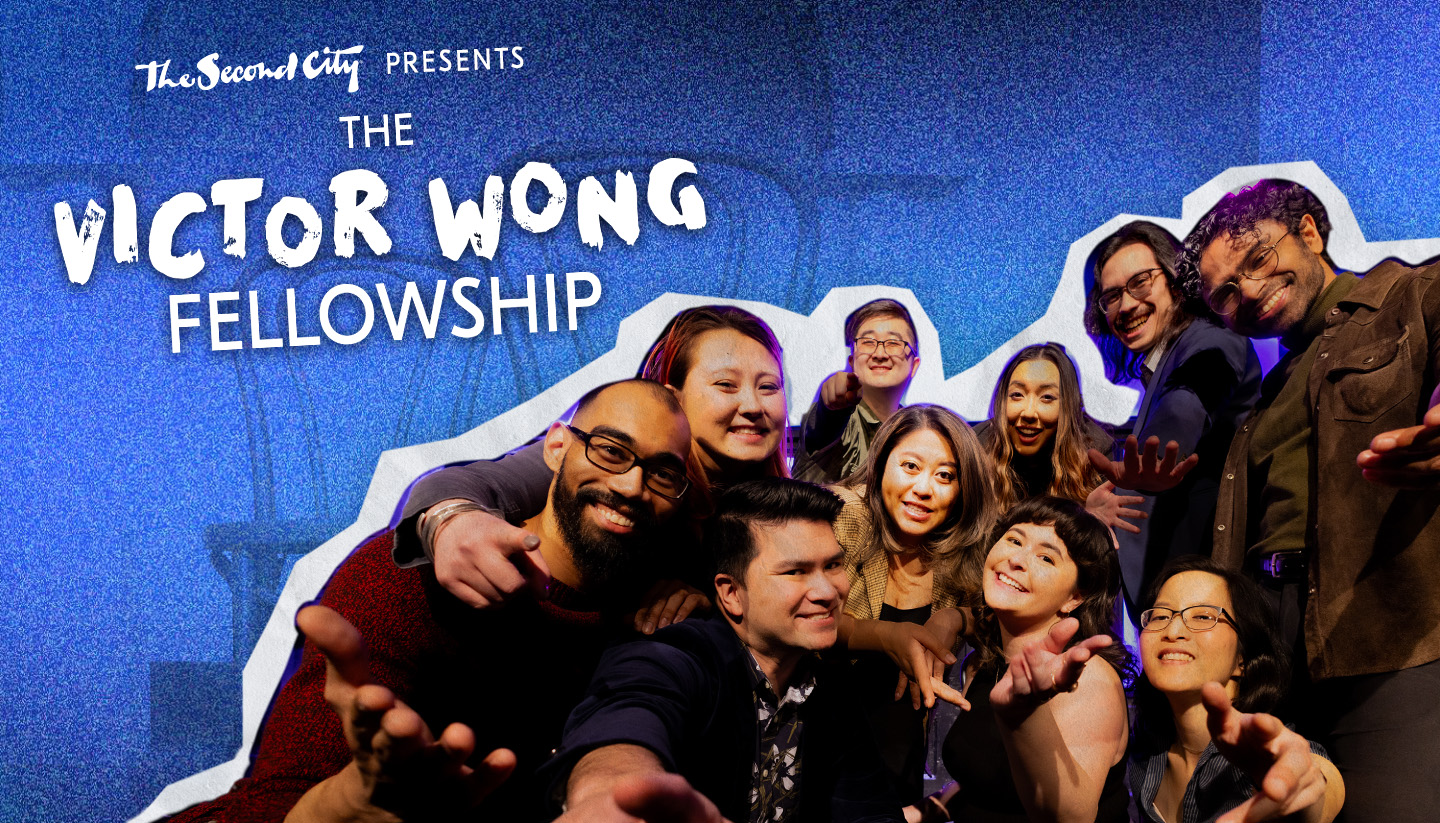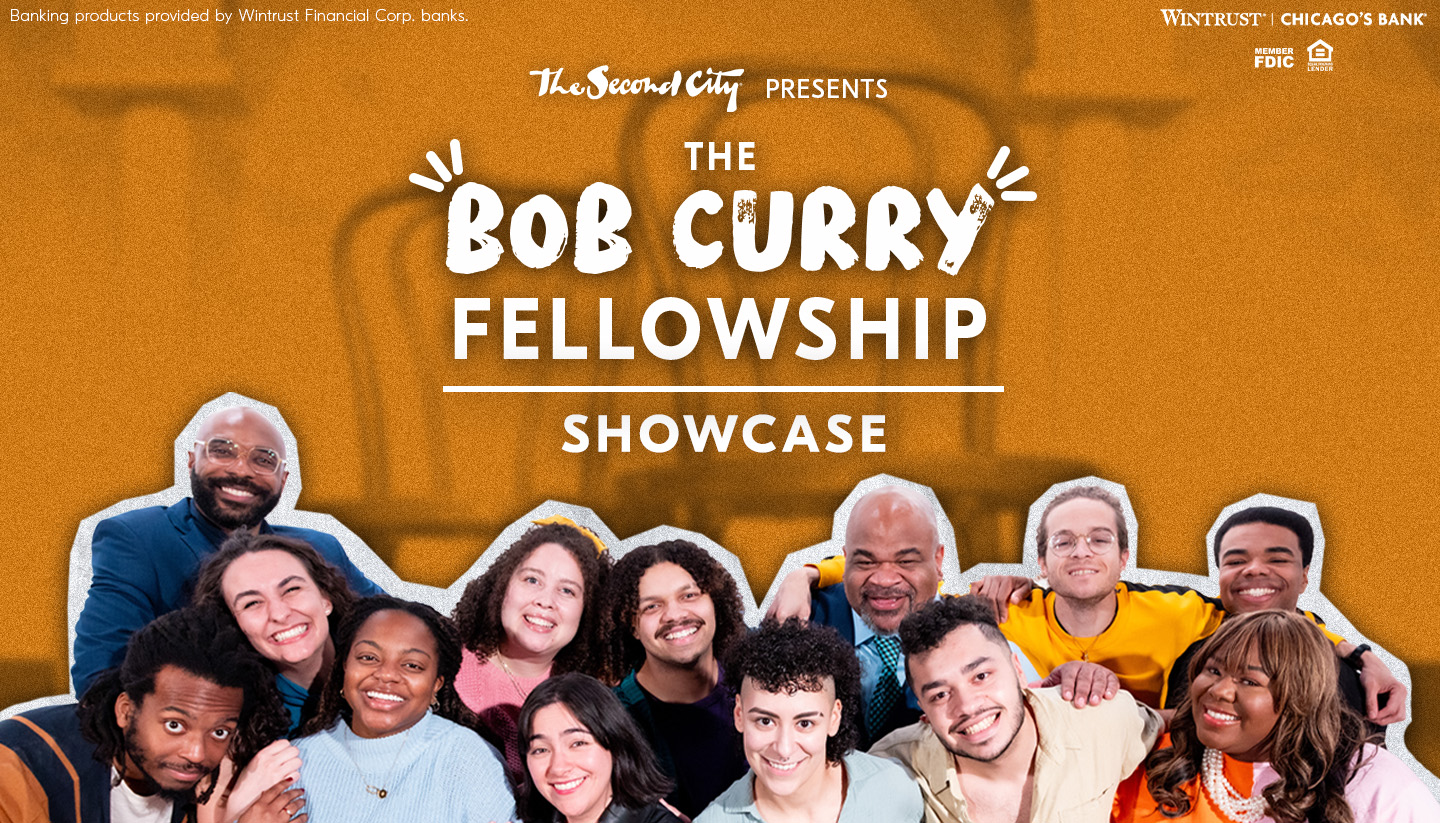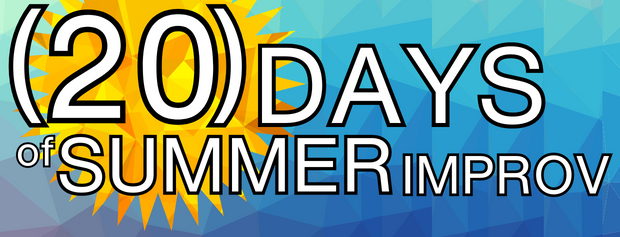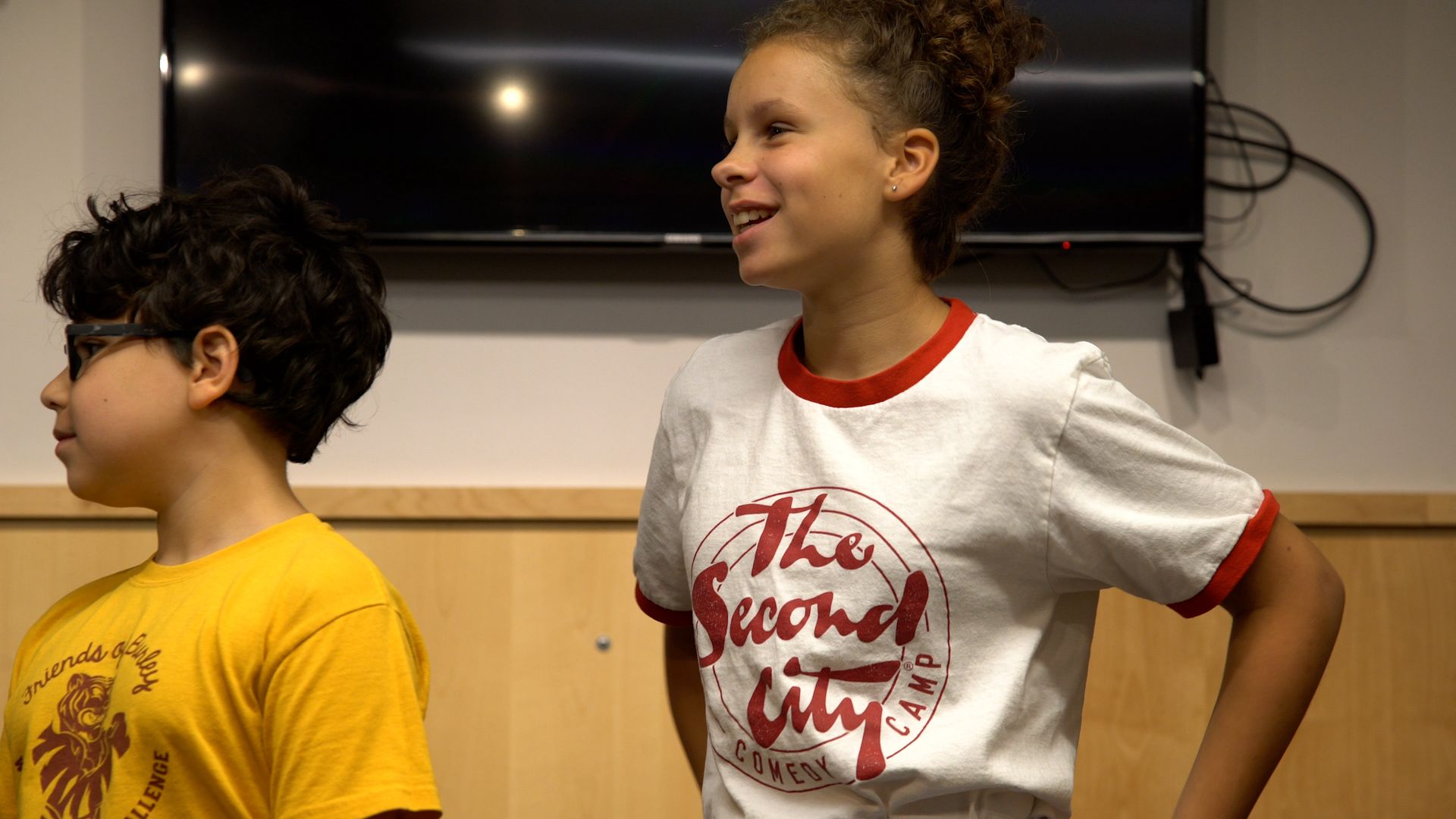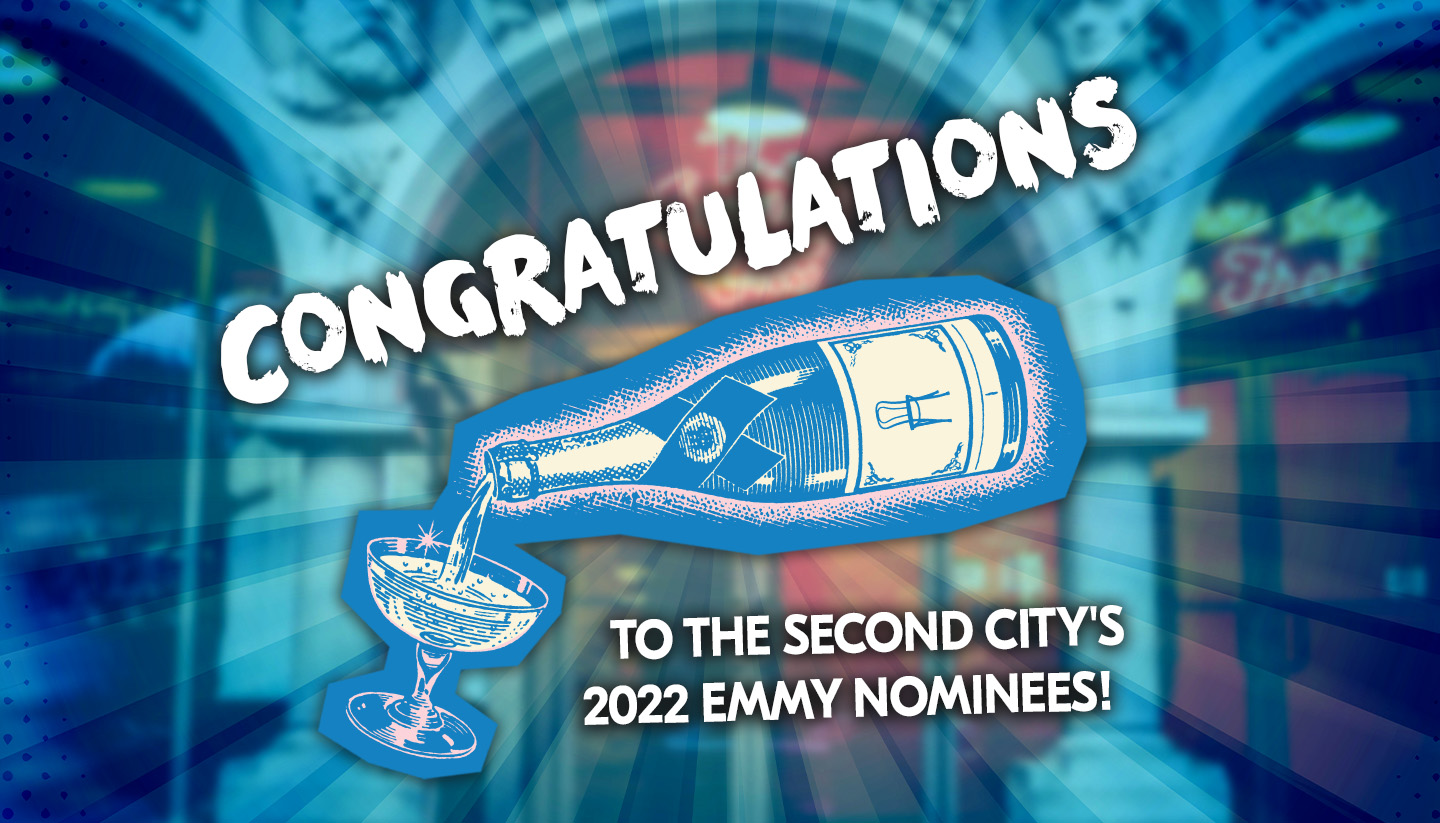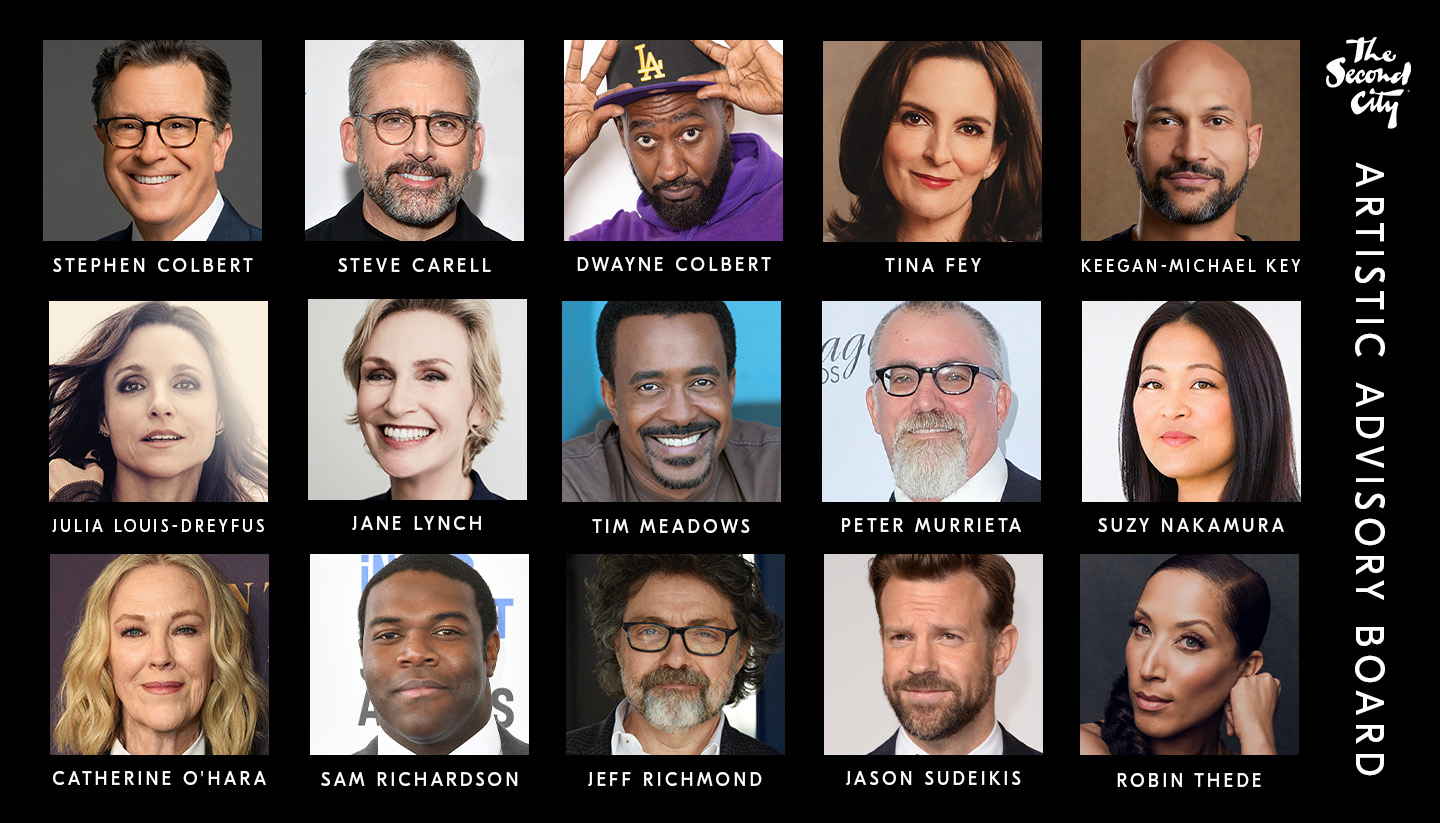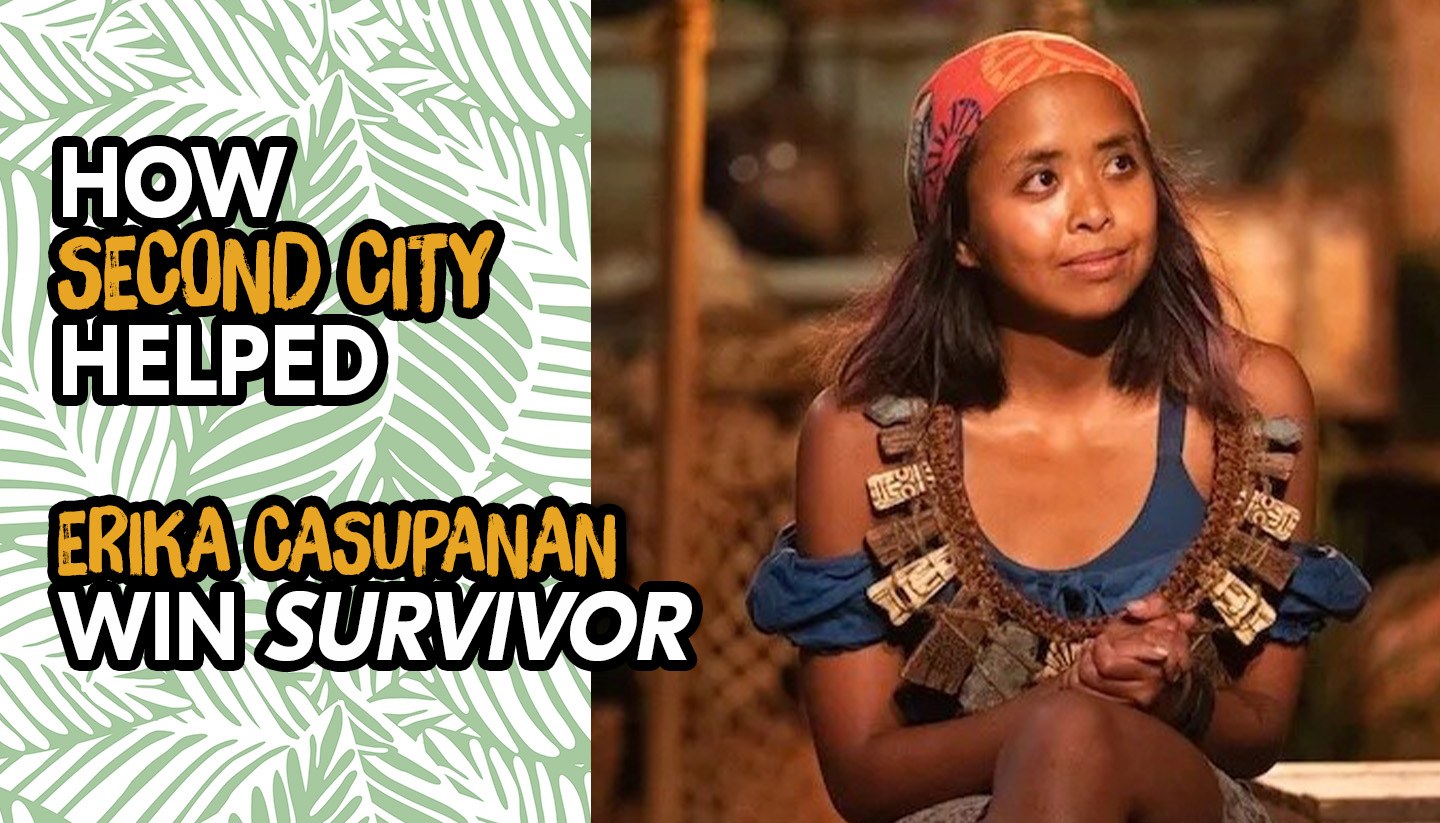Powerhouse director, writer, and producer Judd Apatow came to speak with Harold Ramis Film School students in Chicago earlier this week, and the prolific comedy fairy godfather did not disappoint when it came to sharing his best career and creative lessons in a discussion led by HRFS chair Trevor Albert.

Here's what some of the students cited as their most valuable takeaways from the HRFS Advisory Board member:
"It was bizarre and exciting that most of what he said lined up with what we have discussed so much in our classes: the art of collaborating, sharing your best ideas, and how to use your personal stories for inspiration." -Kurt Jolly
"If you can find a way to do something that you enjoy and make money doing it, you're living a good life. It's important to find not just a thing that you enjoy, but the most specific thing that makes you happy (like Judd discovering that he loves telling stories about real human relationships rather than overly-complicated non-fiction plots)....[and] give yourself seven years to progress as a comedian before one day evolving into Eddie Murphy." -Matt Haas
"One of the biggest pieces of advice I took away from Judd's visit was about how we should be using our emotional trauma for our screenplays. Ask ourselves, 'What is our emotional trauma? What is the trigger for you to change and move past that trauma?' Comedy is tragedy in different circumstances, baby." -Claire Noone
“Collaborate with your like-minded friends and colleagues as much as possible” -Logan Bowes
"It's okay to rely on simple script structure as long as it's coupled with fresh emotional content... and don't be so focused on the success of yourself. Helping others and building relationships is just as important." -Daniel Scholin
"Don't move away from your comedic comrades too quickly." -Bethany Berg
"Once you finish one thing, immediately start the next... Also, keep working hard, and be nice." -Ian Mullen
"The biggest takeaway for me was Judd saying how early in his career he knew it would take awhile to get started--or “big”--and paid his dues. Also to be willing to do the lesser jobs, because it could lead to something even bigger and better. It’s something that is always on my mind at this point of my filmmaking career." -Dave Giatras
A billion thanks to Judd for the mind-blowing afternoon!

 Shows & Tickets
Shows & Tickets  Chicago Venue Info
Chicago Venue Info  Classes & Education
Classes & Education  Second City Works
Second City Works  Second City Network
Second City Network  Our Legacy
Our Legacy 




